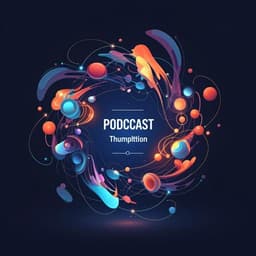
Education
Born to Code: Does the Portrayal of Computer Scientists as Geniuses Undermine Adolescent Youths’ Motivational Beliefs?
C. R. Starr
This research by Christine R. Starr investigates how the portrayal of computer scientists as geniuses can impact high school students' motivation in pSTEM fields. The findings reveal that this stereotype may devalue pSTEM for students, particularly affecting girls and underrepresented groups. Dive into the results to understand the implications of this stereotype!
Playback language: English
Related Publications
Explore these studies to deepen your understanding of the subject.







